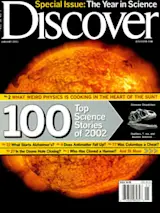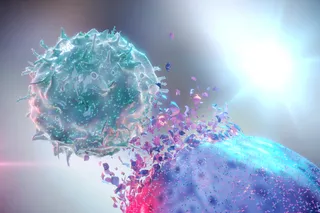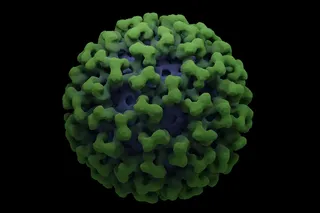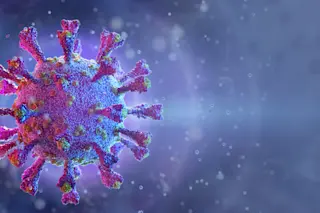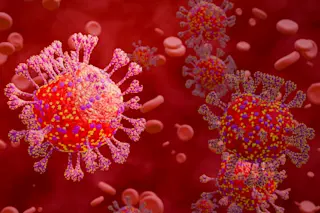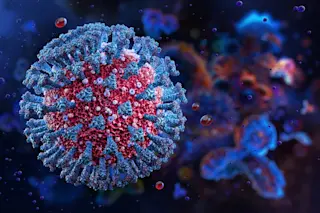33. Biologists Discover Why Most Clones Die Behind every clone that makes it out of a womb alive, there are hundreds of failures. Even in species like cattle, where cloning has become routine, only 4 percent of eggs that have received a transplanted nucleus survive. In May Hans Schöler, a developmental biologist at the University of Pennsylvania, announced he and his team may have figured out one reason why—a gene called Oct4 often doesn't do what it's supposed to do.
When technicians move the nucleus of an adult cell into an egg, the clone will survive only if the egg successfully reprograms the newly installed genes to function as they would in an embryo. Schöler and his team looked at embryonic mouse clones that were just a few days old to see when and where the Oct4 gene—which helps embryonic cells decide where to go and what to do—is active. ...


